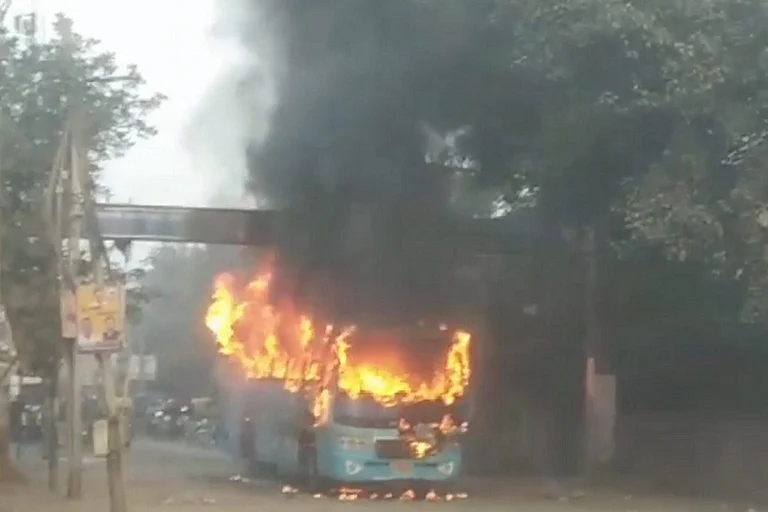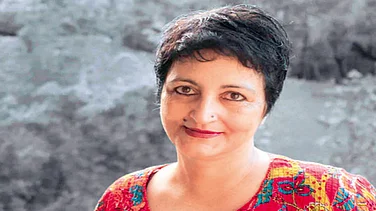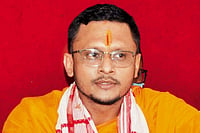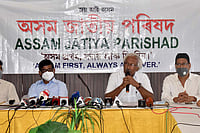Friends and family members say Neel Nakshyatra Das is a brilliant student—and so, his father thought he should be a doctor like himself and his mother, or an engineer. These are the tier-one professions of choice in a middle-class society that measures a student’s academic brilliance by the course he pursues, necessarily in this order: science, commerce and arts. Neel wanted to graduate in arts or humanities. But his father, Guwahati-based physician Jyotirmoy Das, won’t let him live his dream. A son must give in to his parent’s aspirations. The father enrolled his reluctant son in a private coaching institute that prepares students for the tough Joint Entrance Examination (JEE) for entry into India’s top engineering institutes, the IITs et al.
And when the time came for the test—the JEE (Mains) in September—the father allegedly paid between Rs 15 lakh and Rs 20 lakh to the coaching institute to hire a proxy to write his son’s exam. All went according to plan. Neel cracked the exams with 99.8 per cent marks. The teenager was flooded with congratulatory calls and one such call was from a friend to whom Neel unburdened his heart—that he never wanted to do engineering but his father persisted and a stand-in wrote his exam. The conversation was recorded and leaked. The audio became a social media hit. And thereby, the lid of an entrenched racket was blown.
The JEE fraud surfaced in the midst of a raging controversy in Assam over the involvement of top cops and civil administration officers in a police recruitment scam. Neel’s case is also a reminder of the deep rot in India’s education and recruitment system, which has been riddled with scams like Vyapam in Madhya Pradesh where proxies wrote tests for undeserving candidates. Neel’s case is also symptomatic of a global syndrome called helicopter parenting—overprotective parents pushing their children to the edge, like Hollywood celebrities and business leaders paying bribes to get their kids into competitive American universities.
Back in Assam, police arrested seven people, including Neel, his father and the alleged mastermind of the scam, Bhargav Deka, the owner of the coaching institute in Guwahati. “The police are looking for an employee of a leading IT company,” additional deputy commissioner of police (west), Guwahati, Suprotive Lal Baruah, says. Deka and several more people are being interrogated. But the answer to a niggling question eludes still: who was the proxy? Was it Deka or someone he hired?
The case surfaced on October 28 when the audio recording went viral on social media. A person filed a police complaint against Neel and his father, following which they were arrested. Neel allegedly marked his biometric attendance at an exam centre in Borjhar on the outskirts of Guwahati, but came out with the help of an invigilator. A proxy then took over and wrote the exam. The complainant, Mitradev Sharma, alleged that Neel’s parents paid around Rs 20 lakh to the coaching institute. Police have written to the National Testing Agency (NTA), which conducted the JEE (Mains), seeking details on procedures used in the exam and if these had holes that frauds can exploit. The NTA had outsourced logistics—such as exam centres and invigilators—of conducting the test to an IT company. A question springs from Neel’s case: could there be a country-wide network of impersonators? Both police and the NTA rule out that. “As per information we have accessed till date, the scam took place only in the specific centre where the proxy candidate wrote the examination on behalf of Neel Nakshyatra Das,” a police officer says.
By Abdul Gani in Guwahati

























